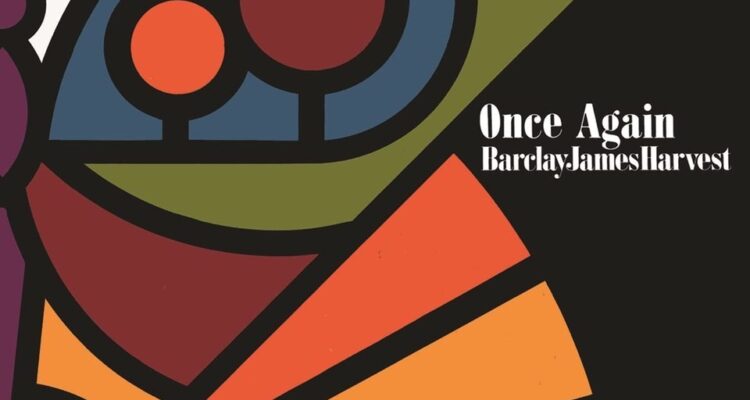Barclay James Harvest, the British progressive rock outfit, delivered some of its most innovative and accessible work on Once Again. An FM radio and dorm-room favorite when it first appeared in 1971, it has just been reissued as a deluxe box set.
Like the group’s other early albums, this sophomore release incorporates a full orchestra and a Mellotron and an approach that once prompted a journalist to call the group a “poor man’s Moody Blues.” (Barclay James Harvest – which still performs today, albeit with only one original member, John Lees – responded to that dig by issuing “Poor Man’s Moody Blues,” a song that echoes the music and a few lines from the Moodys’ “Nights in White Satin.”)
Interestingly, the album features an early appearance by Alan Parsons, who is credited as “tape operator” and for playing jaw harp on one track. Parsons, of course, would go on to lead the successful prog-rock outfit Alan Parsons Project and engineer Pink Floyd’s Dark Side of the Moon.
Standouts on the original Once Again include the lilting “Vanessa Simmons” and the eight-minute “She Said,” which melds what began as two separate songs and combines a showcase for percussion and guitar with a dreamy, understated interlude. The album’s centerpiece, though, is Lees’s nearly seven-minute “Mocking Bird,” which boasts a glorious melody and soothing lyrics about a “mockingbird singing songs in the trees…just for you and me.”
Some of the album’s numbers are as lyrically dark as they are musically pretty, however. The misleadingly titled “Happy Old World,” for example, contains haunting lines by the group’s keyboardist, Woolly Wolstenholme, that belie a sweet melody: “My mind’s not on this song I sing, my heart’s not in the lines / Guess I’ll go and kill myself, so would you kindly close the blinds.” (Sadly, Wolstenholme apparently meant what he sang: he committed suicide in 2010.) “Song for Dying,” meanwhile, delivers a somber antiwar message.
Still, Once Again offers a musical experience that’s not only satisfying but frequently uplifting and that is only enhanced by the sonic improvements and bonus features in the box set, which comes with a 68-page booklet. The set’s three CDs offer a remastered version of the album’s 1971 mix, a 1972 quad mix, and a new stereo mix that incorporates significant and welcome differences from the original. (“She Said,” for example,” employs a new beginning and is nearly two minutes longer than the familiar recording.)
Among the numerous bonus tracks are an early take of “Happy Old World,” a non-orchestrated rocker called “Too Much on Your Plate,” and live BBC Radio performances of several songs, including “Mocking Bird.” The box also offers the first recording of that song as well as a non-orchestral rendition of it. And “Mockingbird” flies yet again on an included Blu-ray, which serves up a 5.1 surround-sound version of the entire album (and more) that adds substantially to its sonic effect.
Granted, the multiple mixes in this box may be a bit over the top for some people. But if you’re a fan of prog-rock or this group, you’ll likely find that the 2022 mix and the Blu-ray are by themselves enough to justify the price of admission.
Also Noteworthy
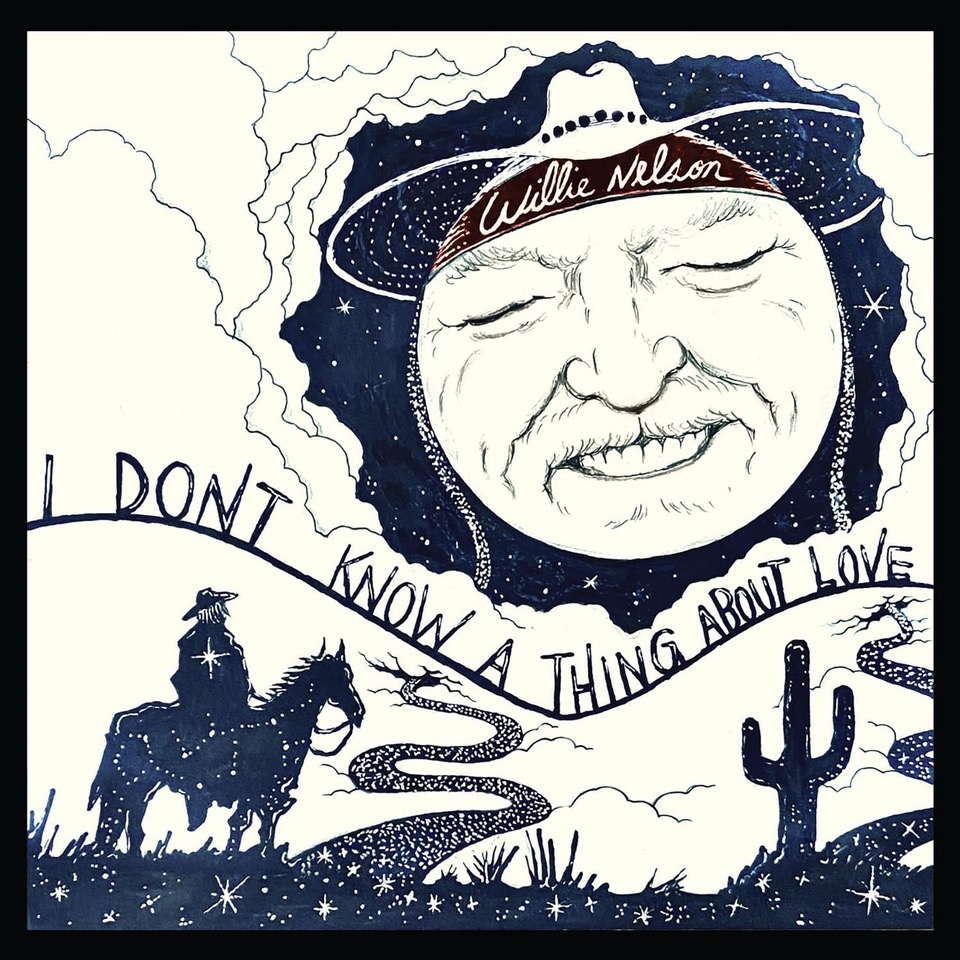
Willie Nelson, I Don’t Know a Thing About Love: The Songs of Harlan Howard. If you don’t read composer credits, you might not know the late Harlan Howard’s name. If you listen to country music, however, you surely know the work of this remarkably prolific songwriter, who famously said the genre’s essence consisted of “three chords and the truth.” Songs that he composed or co-wrote have been recorded by a long list of artists, ranging from Patsy Cline and Lefty Frizzell to Nancy Griffith and the Mavericks, and produced hits for many of them, especially in the 1950s, 1960s, and 1970s.
Already the subject of at least two tribute albums (Buck Owens Sings Harlan Howard and Waylon [Jennings] Sings Ol’ Harlan, his songs now receive a tip of the hat from Willie Nelson. The 89-year-old Nelson remains as compelling as ever on this 10-track release, whose title song took Conway Twitty to the top of the country charts in 1984. Other highlights include “Busted,” the 1963 Ray Charles pop and R&B hit, which Nelson and Charles once recorded as a duet; “Streets of Baltimore,” which Howard wrote with Tompall Glaser and which Gram Parsons memorably covered; “The Chokin’ Kind,” which Jennings once nailed; and “Tiger by the Tail” and “Excuse Me (I Think I’ve Got a Heartache),” both smash hits for co-author Owens.
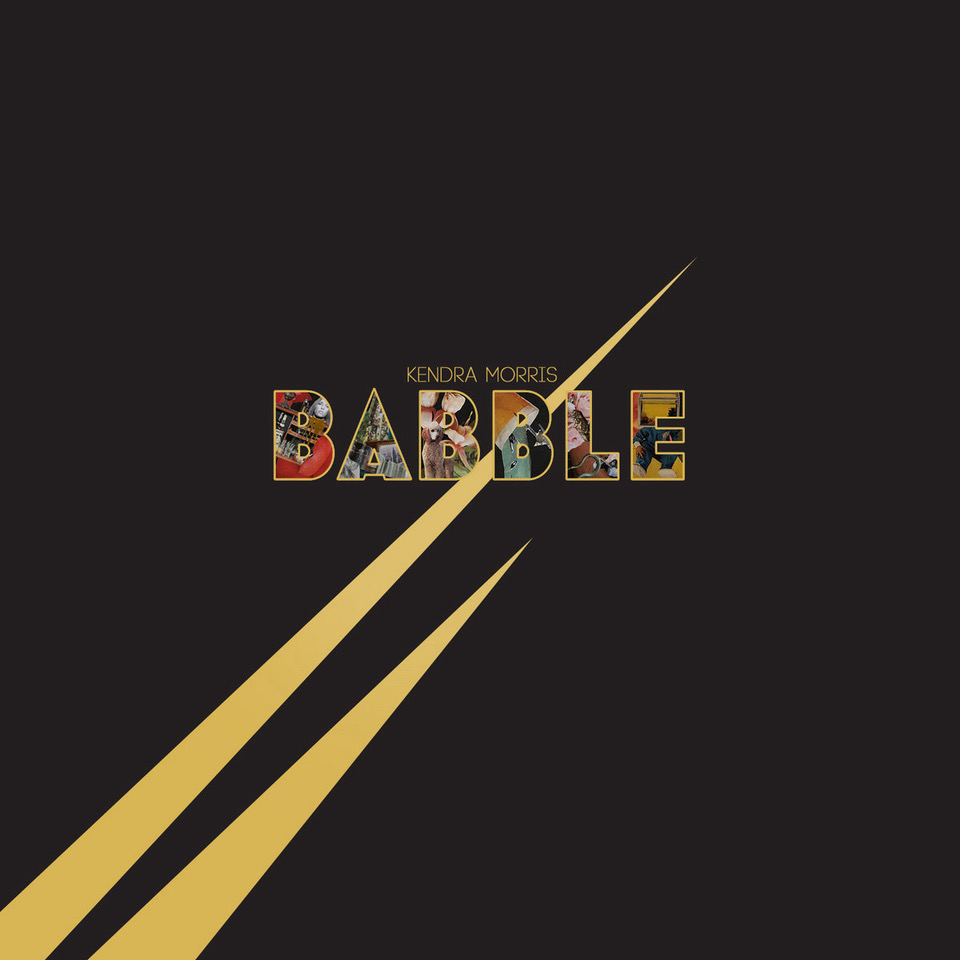
Kendra Morris, Babble. The original version of this album from New York–based singer Kendra Morris slipped under the radar when it appeared in 2016, perhaps at least partly because it was just a seven-track EP. Expanded to 38 minutes by the addition of three more numbers – including “Ride On,” a tribute to Morris’s late brother – it now gets a well-deserved second chance.
Winningly and lushly produced by guitarist Jeremy Page, who co-authored all the material, this seductive set delivers layered vocals and guitar work that prove as redolent of late sixties pop and psychedelia as of soul and Motown. There’s even an occasional moment that would not sound out of place in the Twin Peaks soundtrack. Amy Winehouse is the most obvious reference point, but you can also hear hints of Sade in Morris’s engrossing performances.
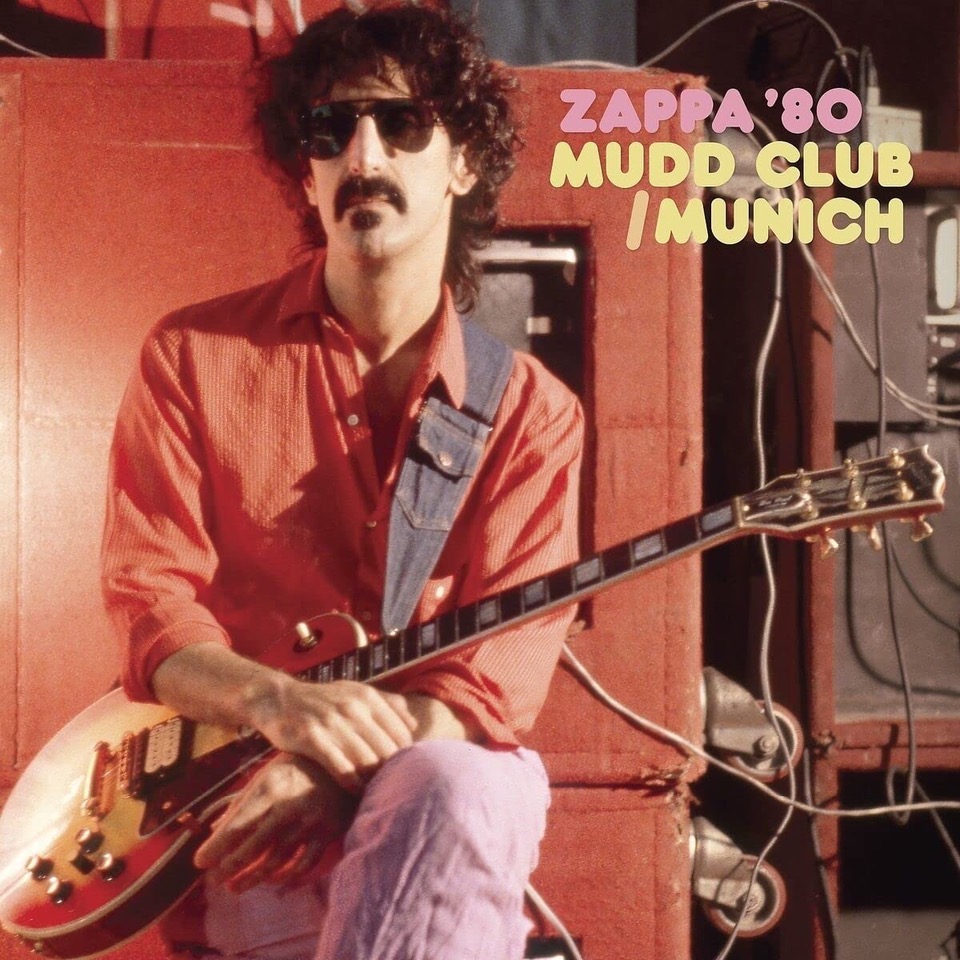
Frank Zappa, Zappa ’80: Mudd Club/Munich. As noted in a review last year of another Frank Zappa concert release, his albums are arriving faster than ever nearly three decades after his death. This three-CD package – which pairs a performance at a little New York club with an arena show from Munich – ranks with the best and most interesting of them. The concerts, neither of which has previously been released in full, find Zappa leading a tight, short-lived, five-member band – a small outfit by his standards.
The nearly hour-long Mudd Club show fills the first of the album’s three discs. It emphasizes material from 1979’s Joe’s Garage and Sheik Yerbuti but also includes earlier compositions dating as far back as Zappa’s 1966 debut LP, Freak Out! (“You Didn’t Try to Call Me” and “I Ain’t Got No Heart”). Also included is a song named for the venue, a Zappa favorite, which pays tribute to it with a lyric that calls it “the best kinda place to unfasten yourself.”
The Munich show, which took place several months later, fills the other two CDs, which offer a combined playing time of an hour and 47 minutes. It features most of the same songs as the Mudd Club concert plus such others as “Nite Owl,” “Dancin’ Fool,” and “Cosmik Debris.” Zappa is as irreverent – and occasionally as puerile – as ever in these concerts, but there’s as much first-rate musicianship as you’ll hear on any of his live albums. His own guitar work is particularly head-turning.
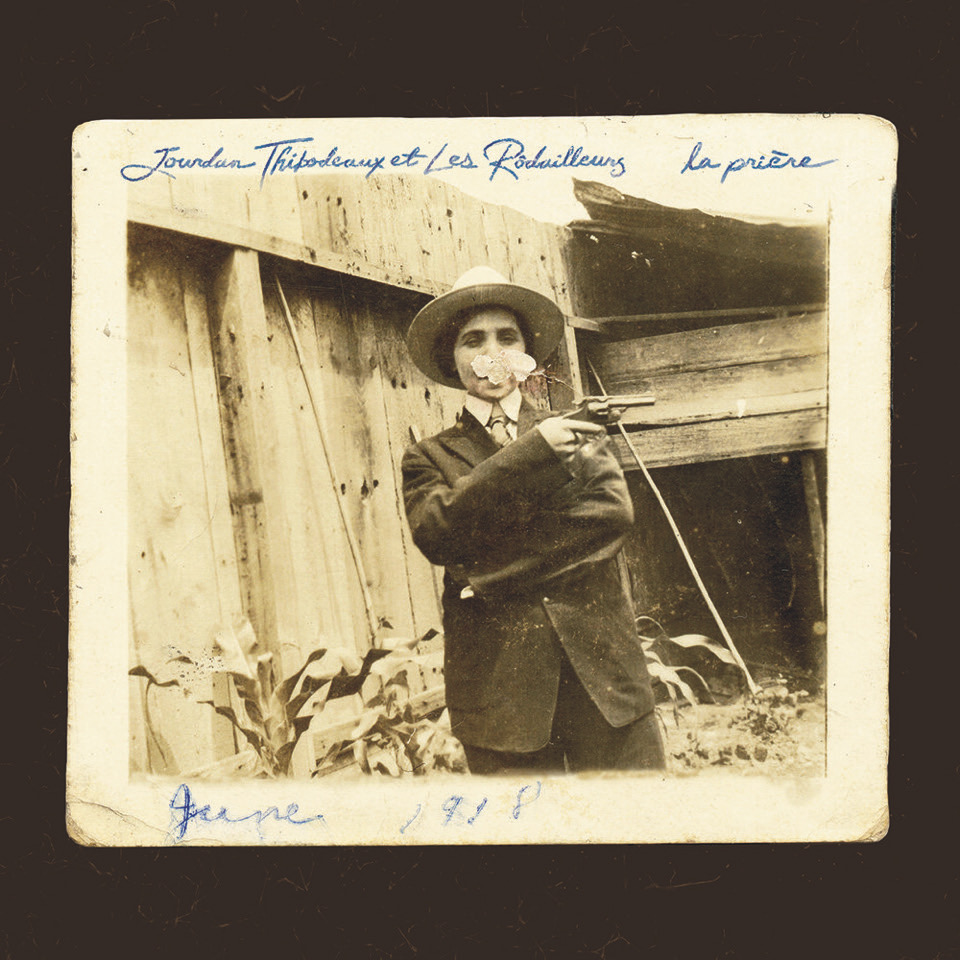
Jourdan Thibodeaux et les Rodailleurs, La Prière. You’re not likely to understand the lyrics on this stirring sophomore release from Lafayette, Louisiana’s Jourdan Thibodeaux, who sings entirely in Cajun French. No matter – his emotional intensity requires no translation. On this all-originals album, Thibodeaux plays fiddle and is accompanied by a terrific ensemble that includes producer Joel Savoy (guitar), Adam Cormier (drums), Cedric Watson (accordion and fiddle), and Alan LaFleur (bass).
Arcadia Profile magazine has called Thibodeaux “the future of Cajun music,” and it’s easy to see why: the artist (who picked a photo of his great-grandmother for this album’s cover) is steeped in tradition and what he calls the “old sounds of our area”; but at the same time, he’s not afraid to introduce rock elements and to play what he feels today, whether or not it entirely echoes early Cajun/Creole.
Jeff Burger’s website, byjeffburger.com, contains five decades’ worth of music reviews, interviews, and commentary. His books include Dylan on Dylan: Interviews and Encounters, Lennon on Lennon: Conversations with John Lennon, Leonard Cohen on Leonard Cohen: Interviews and Encounters, and Springsteen on Springsteen: Interviews, Speeches, and Encounters.


